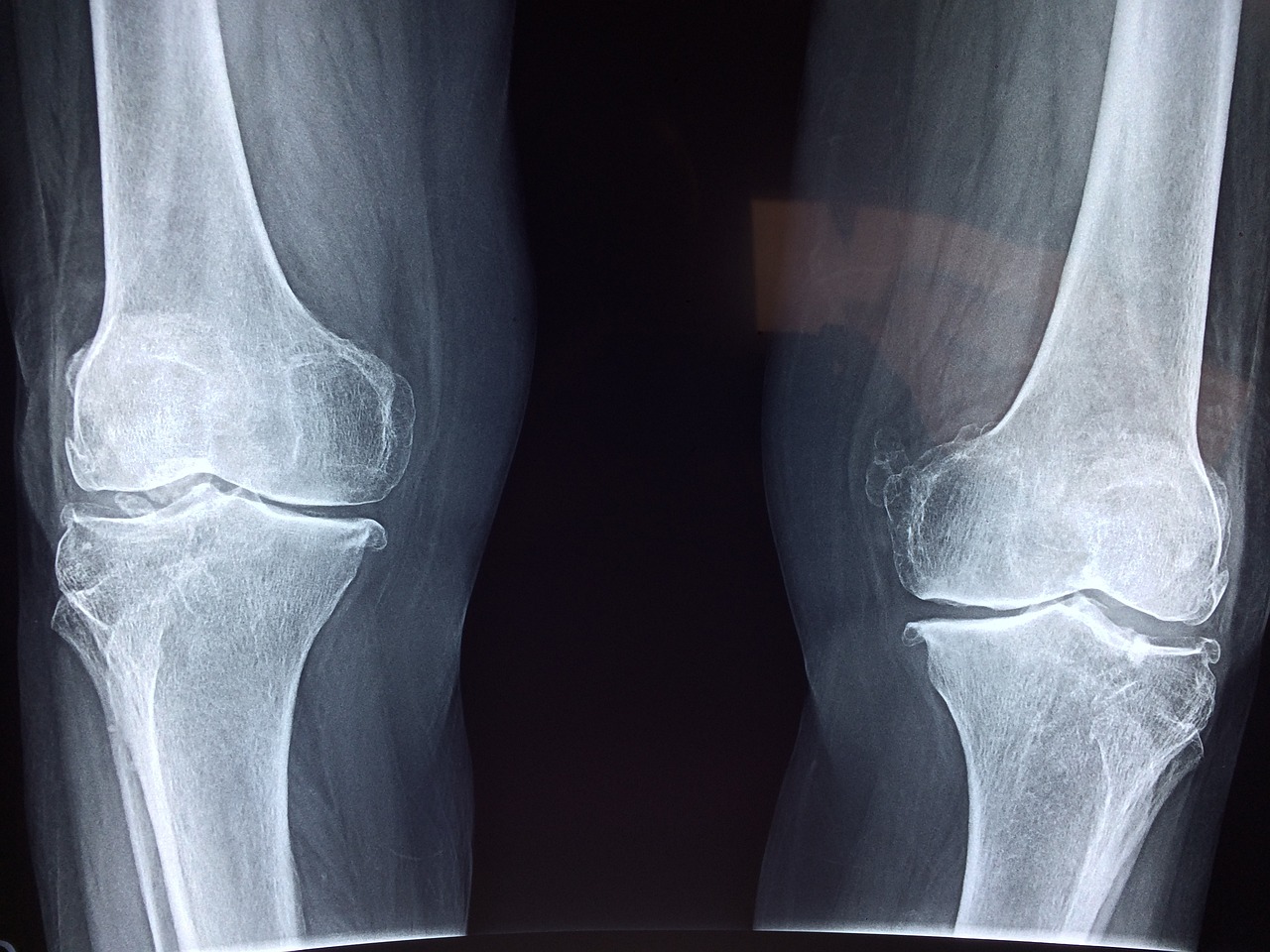
SHARE THIS ARTICLE:
Autoimmunity Detected in Lyme Arthritis Patients with Specific Alleles
 The Journal of Clinical Investigation (Kanjana, K., et al.) 07.20.2023 “Autoimmunity to synovial extracellular matrix proteins in patients with postinfectious Lyme arthritis.” In this study, researchers utilized immunopeptidomics (a new technique to evaluate antigens in organisms) to detect “HLA-DR–presented peptides from synovial tissues” in a subgroup of patients presenting with post infectious Lyme arthritis and also found potential Borreliella burgdorferi–mimic (Bb-mimic) epitopes. Researchers further identified T and B cell responses to these peptides/proteins; and the patients with “autoreactive T cell responses” showed HLA-DRB1*04 or -DRB1*1501 alleles at significantly greater frequency, as well as longer duration arthritis. Testing for Bb spirochetes in synovial tissue of these patients also showed negative culture and PCR results.
The Journal of Clinical Investigation (Kanjana, K., et al.) 07.20.2023 “Autoimmunity to synovial extracellular matrix proteins in patients with postinfectious Lyme arthritis.” In this study, researchers utilized immunopeptidomics (a new technique to evaluate antigens in organisms) to detect “HLA-DR–presented peptides from synovial tissues” in a subgroup of patients presenting with post infectious Lyme arthritis and also found potential Borreliella burgdorferi–mimic (Bb-mimic) epitopes. Researchers further identified T and B cell responses to these peptides/proteins; and the patients with “autoreactive T cell responses” showed HLA-DRB1*04 or -DRB1*1501 alleles at significantly greater frequency, as well as longer duration arthritis. Testing for Bb spirochetes in synovial tissue of these patients also showed negative culture and PCR results.
Authors suggest that these autoimmune responses are an important component of disease pathogenesis based on the correlations displayed between extracellular matrix (ECM)-autoreactive T cells and certain HLA-DR alleles in these patients, as well as, Th1 phenotype and longer duration Lyme arthritis experienced. They propose that identification of these T or B cell responses may provide biomarkers to help differentiate between the infectious and post infectious stages of Lyme arthritis.
Researchers propose that findings of this study support the treatment of these patients with DMARDs (disease modifying drugs to slow progression of arthritis), including methotrexate and/or tumor necrosis factor (TNF) inhibitors (drugs that suppress the inflammatory response to TNF) and may provide further understanding in other chronic inflammatory arthritis conditions.
For More Information:
Read The Journal of Clinical Investigation article
Read additional LDA articles on Lyme arthritis





